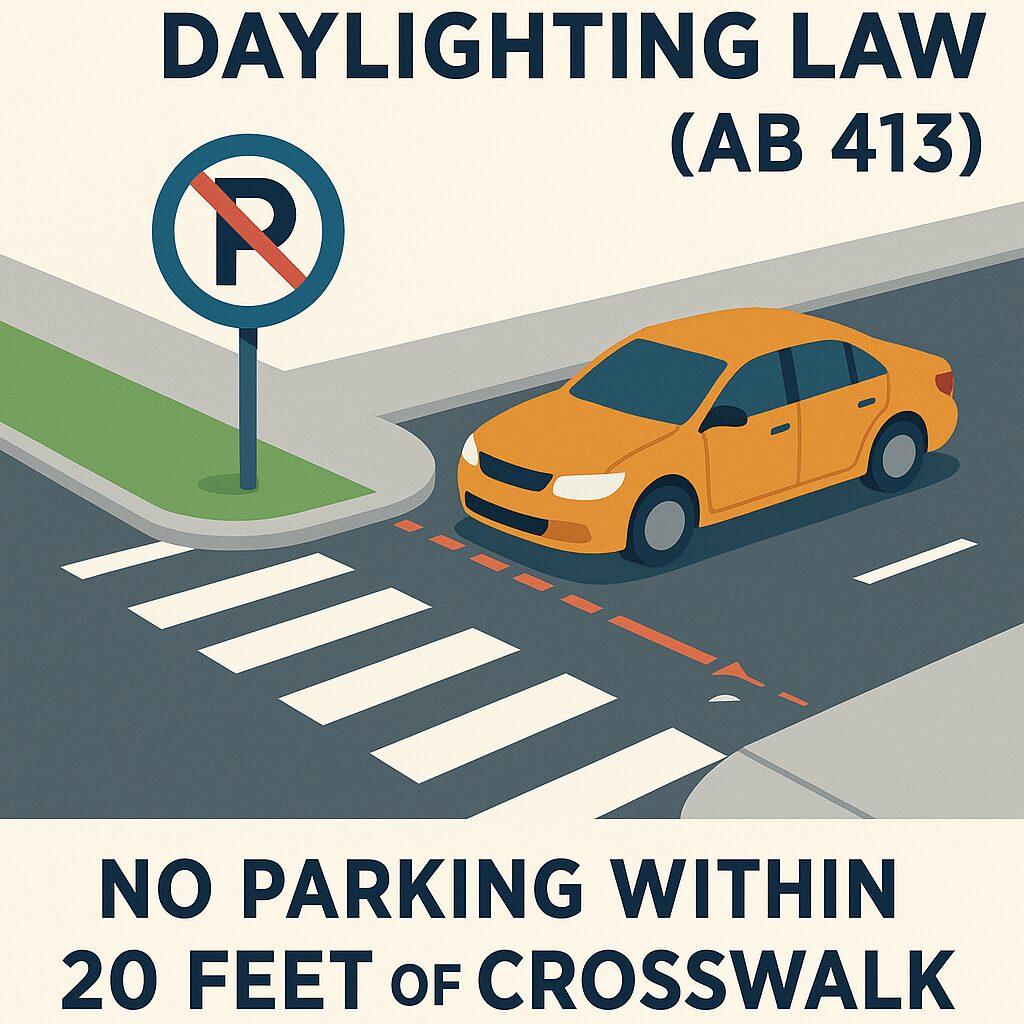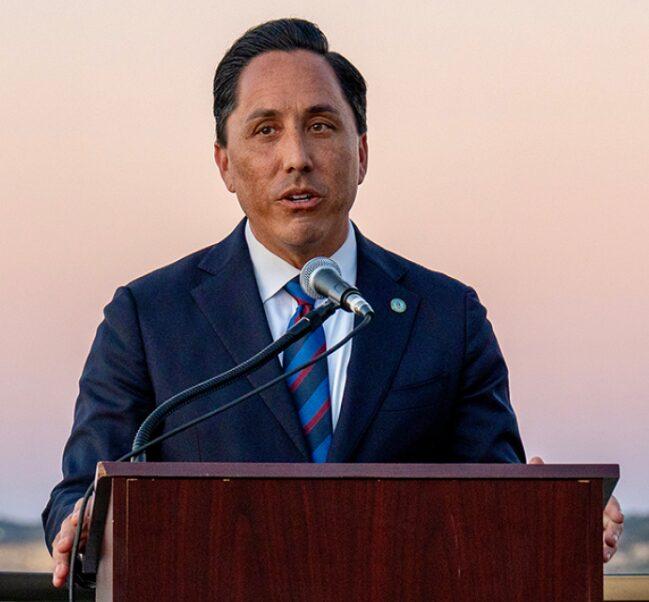
With addition and overdose deaths mounting, more serious consequences warranted for dealers
SAN DIEGO – Mayor Todd Gloria signed an executive order on Tuesday, November 29 directing further action and cooperation with law enforcement to address the illicit fentanyl crisis, in the hopes of stemming the addiction and overdoses that claimed the lives of more than 800 San Diegans last year – and is continuing to cause overdose deaths in the San Diego region at an alarming rate.
“The proliferation of fentanyl in our communities – and the accompanying death and destruction it’s causing in our communities – demands swift action from all levels of government,“ Mayor Todd Gloria said. “As Mayor, I’m going to do everything within my authority to tackle this crisis head-on. Today, we’re taking measures to help disrupt the distribution of fentanyl and hold predatory dealers accountable for the harm they’re causing to our community.”
Executive Order 2022-1 signed by the Mayor directs the San Diego Police Department to strengthen and prioritize enforcement for fentanyl sales-related crimes to the greatest extent possible. In addition, the executive order announces the city’s intent to pursue legislation at the state and federal levels to address the rise in fentanyl overdoses, including reclassifying illicit, non-pharmaceutical fentanyl and analogs as Schedule 1 drugs federally; pursuing sentencing enhancements for trafficking and sales near schools; and seeking state and federal funding for trafficking enforcement, education, and treatment programs.
“Far too many people in our community, from all walks of life, have felt the devastating effects of fentanyl,” said Police Chief David Nisleit. “We must take an aggressive approach to this epidemic. The San Diego Police Department continues to work with our law enforcement and community partners to track down, arrest, and prosecute those who would peddle this poison in our neighborhoods and to some of our most vulnerable populations.”
The order also directs immediate work developing a plan, in concert with the San Diego City Council and City Attorney, to develop a community outreach plan and funding strategy for the estimated $30 million in national opioid settlement funding that will be coming to the city over the next eight years.
“Combatting the fentanyl crisis in our region which is harming and killing our family members, children and neighbors is a top priority for my office,” said San Diego County District Attorney Summer Stephan. “I welcome and support Mayor Gloria’s executive order which brings an enhanced focus to fighting this deadly epidemic through increasing prevention and education, alongside pursuing laws that will give law enforcement and prosecutors the tools to investigate and prosecute illegal drug dealers poisoning our community with fentanyl-laced pills and powders.”
Fentanyl is a potent synthetic opioid that was invented as an anesthetic for surgery. It is 50 times stronger than heroin and 100 times stronger that morphine. Deaths from the drug, which is cheap to produce and 50 times more potent than heroin, have increased tenfold from five years ago, when it first emerged as a common street drug.
Fentanyl is also having an outsized impact on San Diego’s unsheltered population, killing 113 homeless people last year – an alarming increase from just five years ago, when two people experiencing homelessness died from fentanyl overdose. Dependence on the drug also prevents unsheltered people from accepting the services and assistance that could end their homelessness.
The Mayor announced his intent to enact an executive order on fentanyl at a media briefing with law enforcement earlier this month. The order takes effect immediately.
(City of San Diego Release) n






